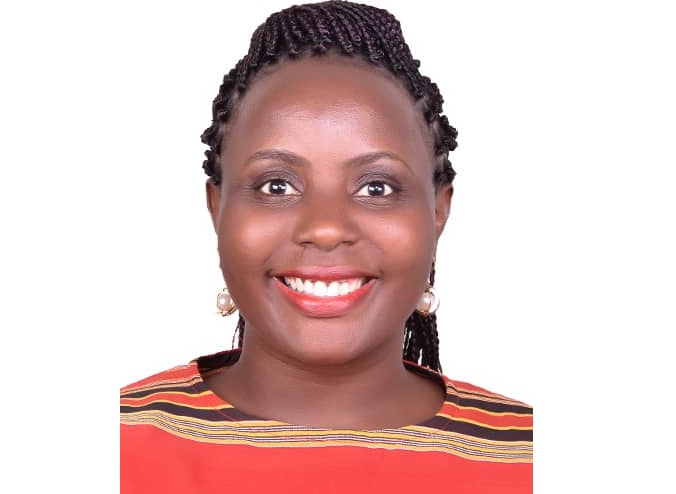To the breastfeeding mothers out there, how is your breastfeeding experience? Have you received any nipple bites from your breastfeeding babies?
Well, almost all mothers will experience some biting of their nipples from their babies during their breastfeeding journey. Some members in the community tend to think that this stage marks the time of weaning and that if the baby has teeth, it is time to stop breastfeeding. The World Health Organisation recommends exclusive breastfeeding for up to six months and continued breastfeeding alongside complementary foods for up to two years or older.
Occasionally, a baby has one or more teeth at birth but usually, teeth start to erupt between six and nine months of age. Most likely, a baby will probably get their first tooth some time during their first year. Yet there is no need to stop breastfeeding once the baby starts teething. However, breastfeeding mothers get frustrated when their little ones bite their nipples during breastfeeding, as this is very painful. As a mother, I can try to relate too.
Queries always pop out as to why some babies may bite their mothers’ nipples while breastfeeding. It’s almost physically impossible for babies to bite while sucking, but they might find it fun to bite their mothers’ nipples once they are finished especially if they think one is not giving them attention! On the other hand, some babies might bite because they can’t wait to start feeding and their mothers’ milk letdown is slow. Others may bite their mothers’ nipples because they have itching gums. Luckily, the whole thing of babies biting breast nipples is usually a passing phase.
Since this biting is painful for breastfeeding mothers and unpleasant, it’s important for mothers to learn how to prevent or reduce their babies from biting their nipples.
- Sometimes such babies look a bit cheeky just before they can bite their mothers’ nipple. It’s advisable that if a breastfeeding mother notices this sign, they can carefully break the suction by inserting their own little finger into the corner of the baby’s mouth, between the gums. Then, gently take their baby off the breast before they have a chance to bite.
- Since some babies bite when they are frustrated by too little milk, expressing the milk or offering them more frequent feeds can help maintain milk supply
- If ones’ baby isn’t actively feeding, one can take them off their breast to prevent them from biting.
- In case the baby does bite, we advise the mother to say ‘No’ calmly and firmly to the baby and then take them off their breast.
- As a mother, do not get too cross, because sometimes these babies might think you are playing a game, or it might frighten them.
- Where possible, as a mother, you can also try offering your baby something else to chew on before a feed, like a teething ring or something cold.
- Accidentally, if the baby’s bite breaks the skin on your nipple as a breastfeeding mother, this will usually heal quickly, but some research shows that rubbing some breastmilk on the area might help. We advise breastfeeding mothers to keep an eye out for signs of infection and see a health professional if one starts to feel unwell.
The author is a BSc Nurse and MSN-Midwife, Women’s’ Health Specialist and Heroes in Health Award Winning Midwife
Do you have a story or an opinion to share? Email us on: [email protected] Or join the Daily Express WhatsApp channel for all the latest news and trends or join the Telegram Channel for the latest updates.

